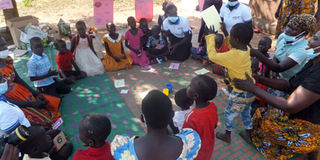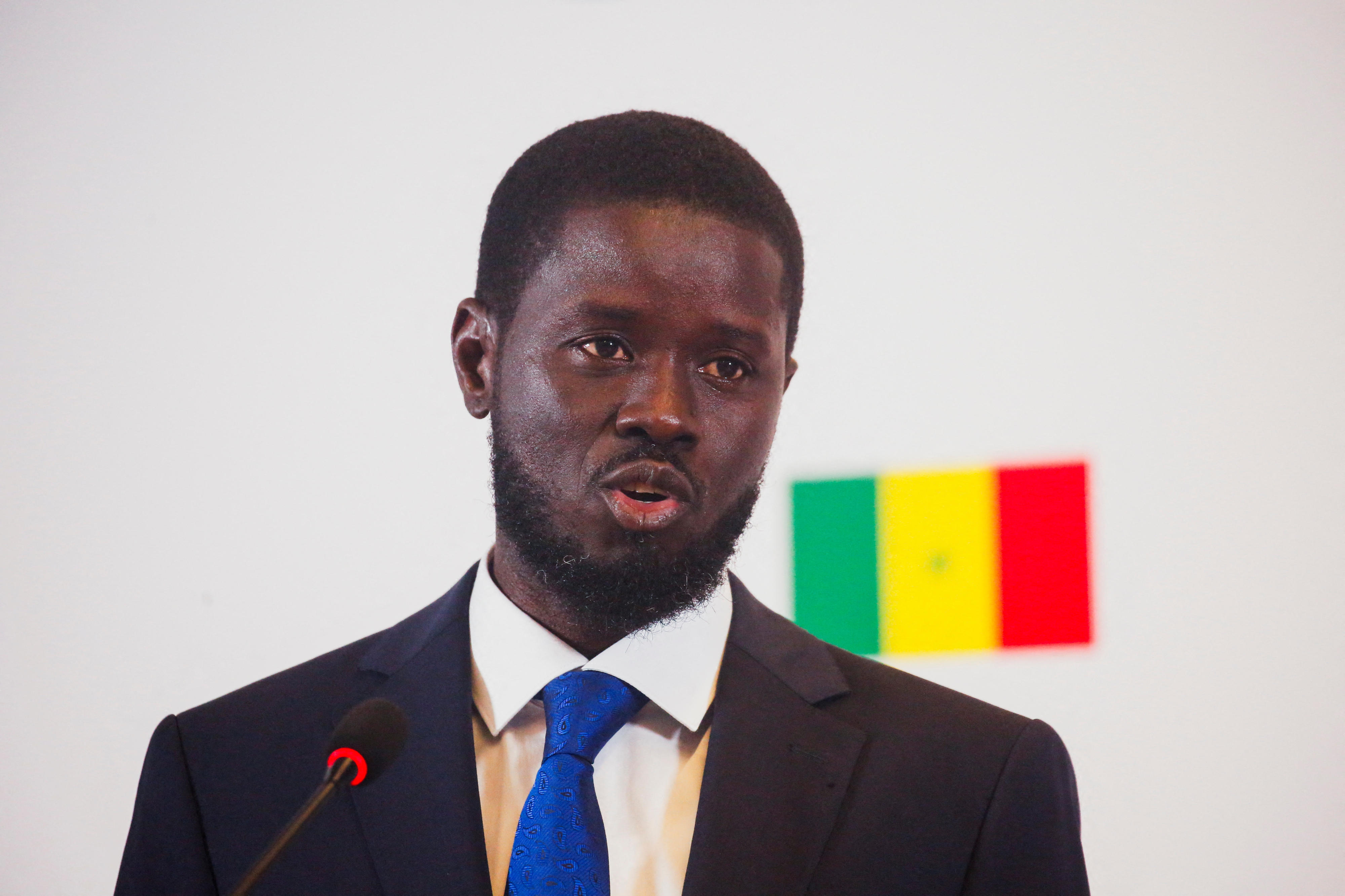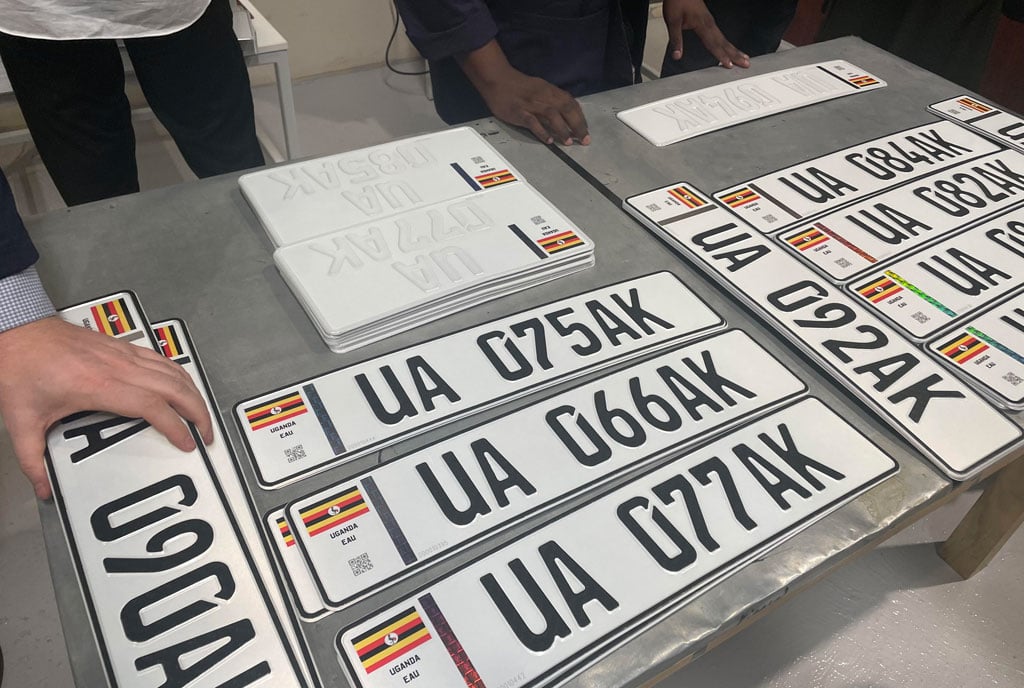Prime
Support higher education for refugees, IDPs

Refugee children gather for the home learning class at Pagirinya Refugee settlement in Adjumani District last recently. PHOTO/MARKO TAIBOT
What you need to know:
- The existence of conflict in many parts of Africa has undermined development and inclusive growth of many Africans.
The Africa Union’s theme for 2024 is “Educate an African fit for the 21st Century: Building resilient education systems for increased access to inclusive, lifelong, quality, and relevant learning in Africa.”
This theme underpins the continent’s aim to educate young Africans to drive development.
The existence of conflict in many parts of Africa has undermined development and inclusive growth of many Africans. Moreover, the negative effects of post-conflict last more than the conflict itself.
Displacement, hunger, reconstruction and grief have had a negative impact on many affected by conflicts and forced displacement. Therefore, operationalising higher education and research ecosystems for innovation, industrialisation and economic development in an inclusive and sustainable way should be a response to the urgent need for governments in Africa to take action and invest more in higher education.
In May, Education ministers in the Intergovernmental Authority on Development (IGAD) bloc held a meeting in Entebbe, Uganda were they agreed that member States must prioritise high quality education for disaster affected populations, 60 percent of whom are said to be of school-going age. The recommendations from the meeting are supposed to implement the Djibouti Declaration on Education for refugees, returnees, Internally Displaced Persons (IDPs) and host communities.
“No young person in Africa should be academically starved when there is so much capacity from our universities to explore their full potential, academic hunger in Africa must stop”. These were the words of Prof Patrick Okori, the Executive Secretary of the Regional Universities Forum for Capacity Building in Agriculture (RUFORUM), while speaking last week at one of RUFORUM’s Triennial gatherings hosted by the Republic of Namibia in Windhoek. RUFORUM is a network of predominantly 170 agriculture teaching and research universities, in 40 countries of Africa, hosted by the Government of Uganda at Makerere University in Kampala.
Prof Okori underscored the value of skills development and knowledge support, noting the urgent need for interventions towards supporting young people from areas of conflict around Africa to combat graduate unemployment, increased crime and the mass migration of unskilled youth out of Africa to Europe, USA and parts of Asia.
To overcome the situation, he proposed that RUFORUM member universities absorb students from countries affected by conflict, post-conflict and natural disaster. Higher education is central to the continent’s development. However, Africa faces significant challenges with just 9 percent of the 98 percent of young people in Sub-Saharan Africa (SSA) who join primary school going on to university education, and 6 percent of them graduating.
The Mastercard Foundation is already addressing this call to action through a ten-year partnership (2024-2033) with RUFORUM for the new initiative on Transforming Africa’s Agricultural Universities to Meaningfully Contribute to Africa’s Development (TAGDev 2.0). This support builds onto the initial eight years of the programme, which is now being scaled up with a more ambitious goal of updating 1,600 courses across 80 academic programmes in universities as well as Technical and, Vocational, Education and Training Institutions (TVETs) and impacting 1.2 million people, including 820,000 young women, 300,000 refugees and displaced persons, and 120,000 persons with disabilities.
The project is unique in such a way that it promotes knowledge and social capital, incorporating entrepreneurial skills which ingrain in the young beneficiaries the skills required to own and run a business successfully, ultimately creating jobs and self-reliance.
For refugees and displaced persons, access to decent higher education could be the difference between acquiring a life changing skill to improve on their livelihoods or drowning in the ocean while trying to migrate to the west for greener pastures. Agricultural education will be critical to enhance the quality of the lives of refugees and displaced persons, increase their chances of employment and ensure inclusive growth. This is because of the comparative advantage of Agriculture on the continent. Educating refugees and displaced youth will immensely contribute to inclusive growth while mitigating the already visible negative effects of the youth bulge like unemployment, and involvement in deviant behaviour.
Authored by Maureen Ageno, an ICT4D Consultant. X: @
maureenagena




